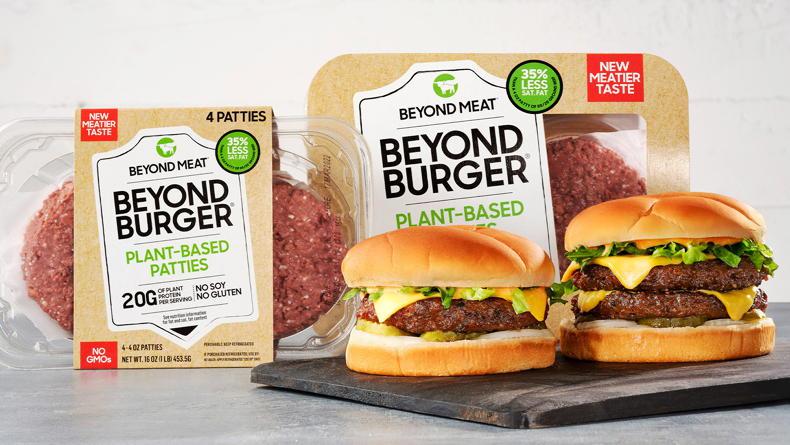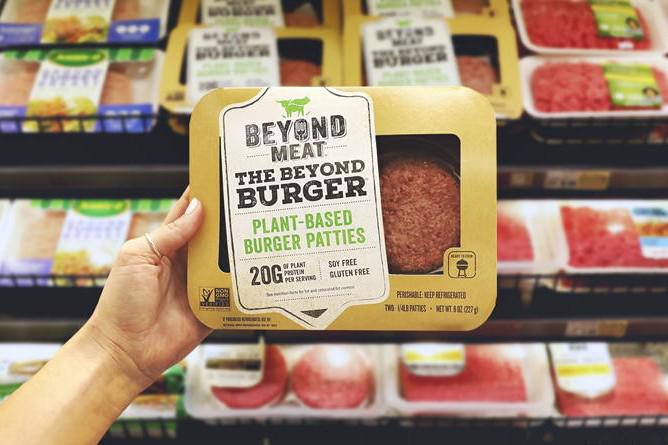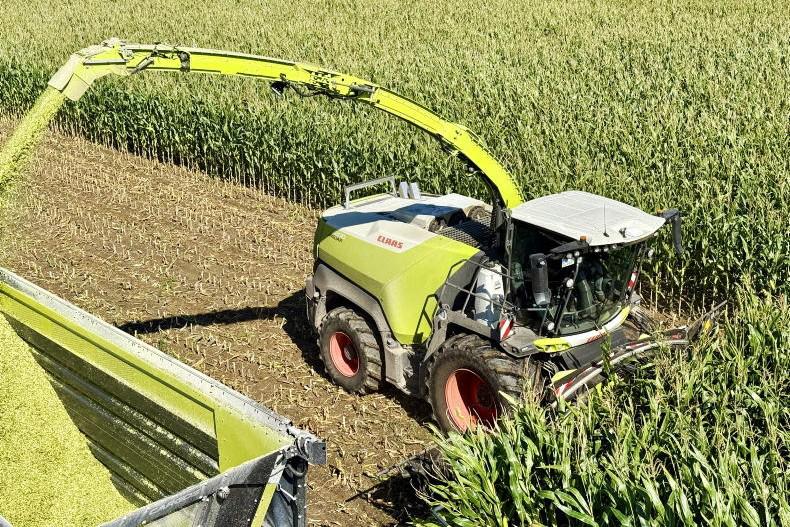A recent report from Deloitte on the plant-based “meat” market in the US suggests the market for the product may be smaller than previously estimated, and could already have hit its maximum size.
There was no growth in sales of fake meat products in the country in 2021, after a more-than 40% surge in 2020. Demand stagnating at $1.4bn last year in what should be the biggest market for the product is bad news for investors and manufacturers in the industry.
Those investors are already heading for the exits, as can be seen in the share price of companies such as Beyond Meat, which are down almost 90% since the start of last year. The manufacturers themselves are also starting to face up to the reality of demand for their products.
The last couple of weeks have seen California-based Impossible Foods announce a round of job cuts while JBS, the world’s largest meat processor, said it was withdrawing from plant-based meat replacement manufacturing in the US.
In early 2021, Swiss investment bank UBS said it expected the market for fake meat to reach at least $85bn by 2030. That now seems impossible, with even UBS saying the call is “outdated.”
What went wrong?
All signs point to there being a large COVID-19 component in the surge in demand for plant-based meat products during 2020.
The end of lockdowns slowed demand for the higher-priced products, while the recent surge in inflation has put further pressure on consumers. While fake meat prices have come down in recent years, they remain firmly in the realm of consumer discretionary product. Consumers tightening their purse strings are more likely to buy cheaper protein.
Deloitte also cited some consumer resistance to buying the product. In certain parts of the US, according to the report, fake meat is seen as “woke” and there is considerable resistance to the product on ideological grounds.
Consumers are also starting to question the health benefits of plant-based meat, and the environmental credentials of the product are being questioned.
This is nothing new
There also is the important factor of how the world works when new technology arrives on the scene. While plant-based items marketed as meat substitutes have been around for years, recent developments where they have become much more realistic imitations of the actual meat saw excitement about the potential for the sector soar.
In economics, the rapid increase in interest, and investment, in emerging technologies is wonderfully illustrated by the Gartner hype cycle (see chart).
This shows how the popularity of emerging ideas surges as expectations for it become increasingly inflated before coming crashing back to earth. We have seen many iterations of this down the years, whether it comes to the early internet before the dot-com bubble burst or more recently in tech such as cryptocurrencies.
If we now graph the interest in Beyond Meat from Google Trends, we see the shape of the chart over the past five years is very similar to the Gartner Hype Cycle chart.
Longer term, it seems likely there will be a market for plant-based meat products, but right now the industry is firmly in the “trough of disillusionment”. It remains to be seen what kind of fake-meat industry survives this phase of the cycle. It is certain, however, that the lofty ambitions which drove so much investment in the sector will not repeat itself.










SHARING OPTIONS